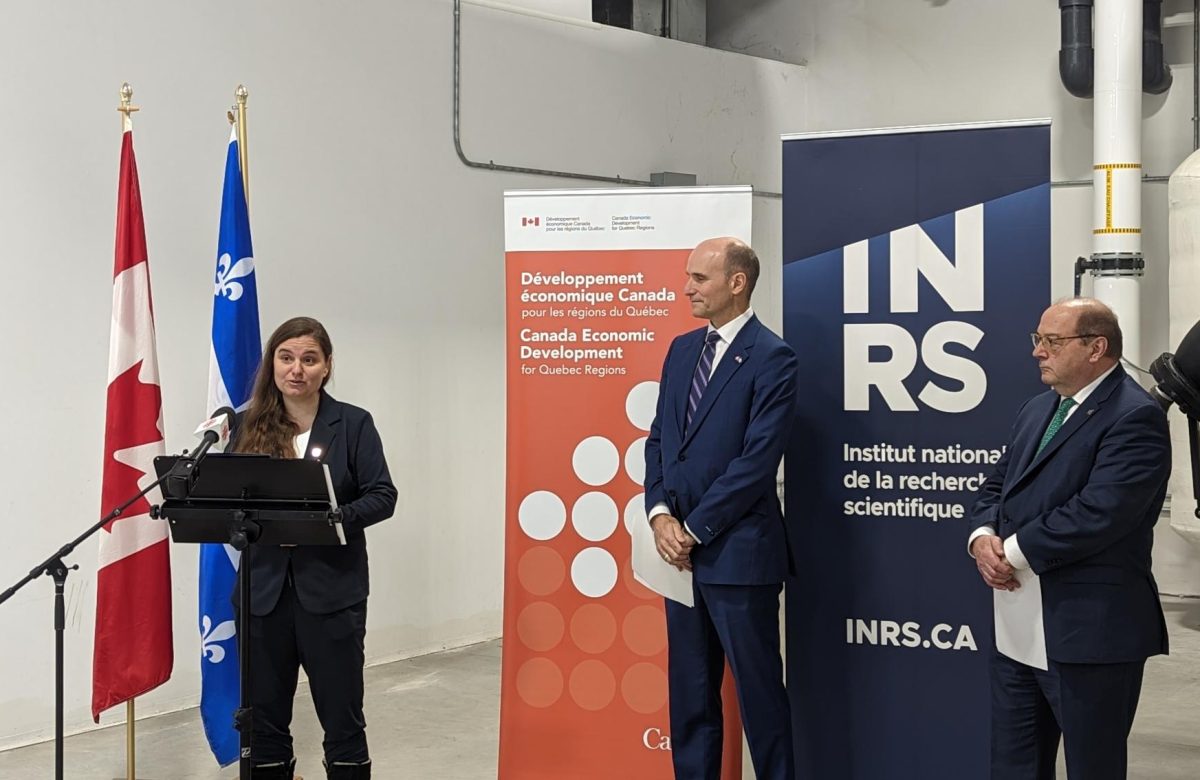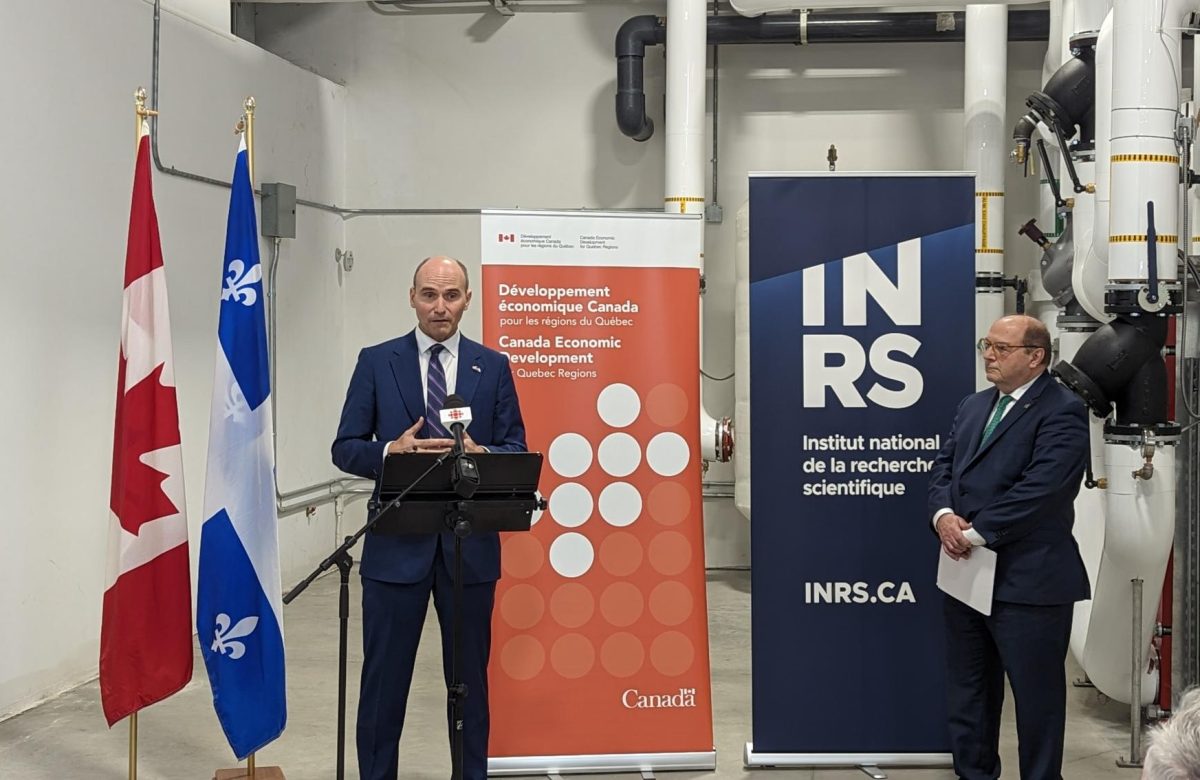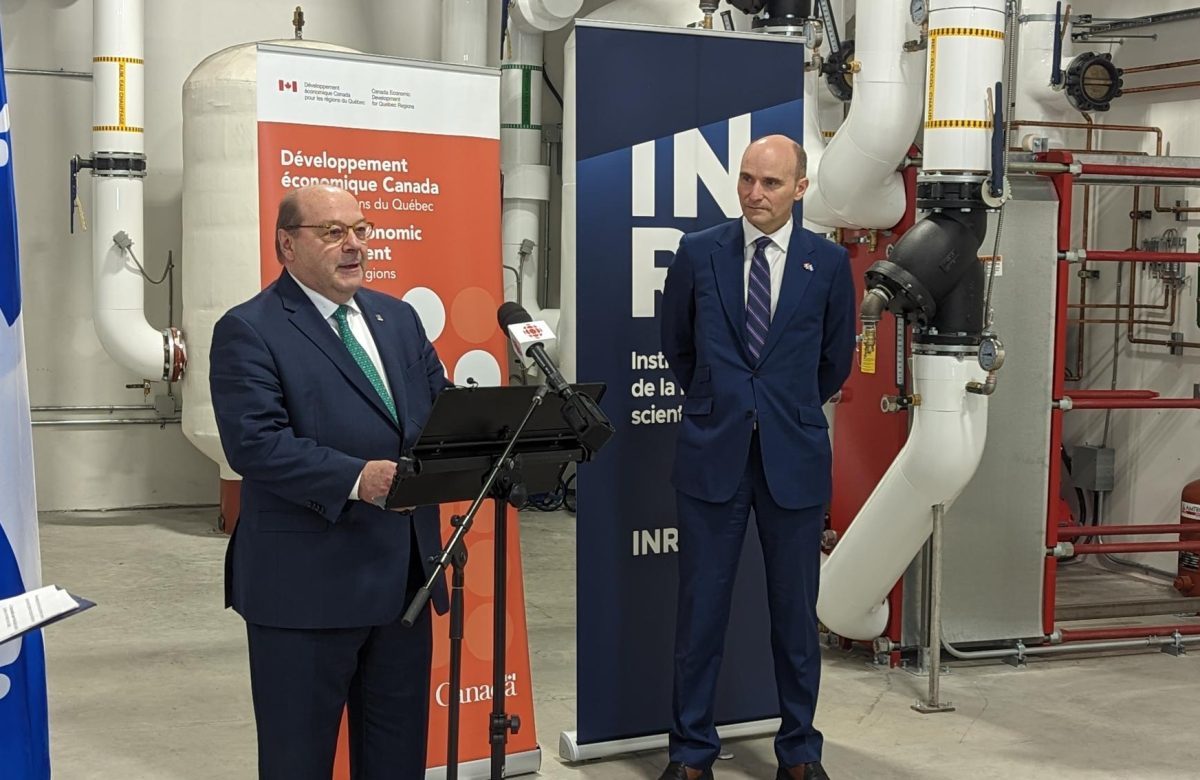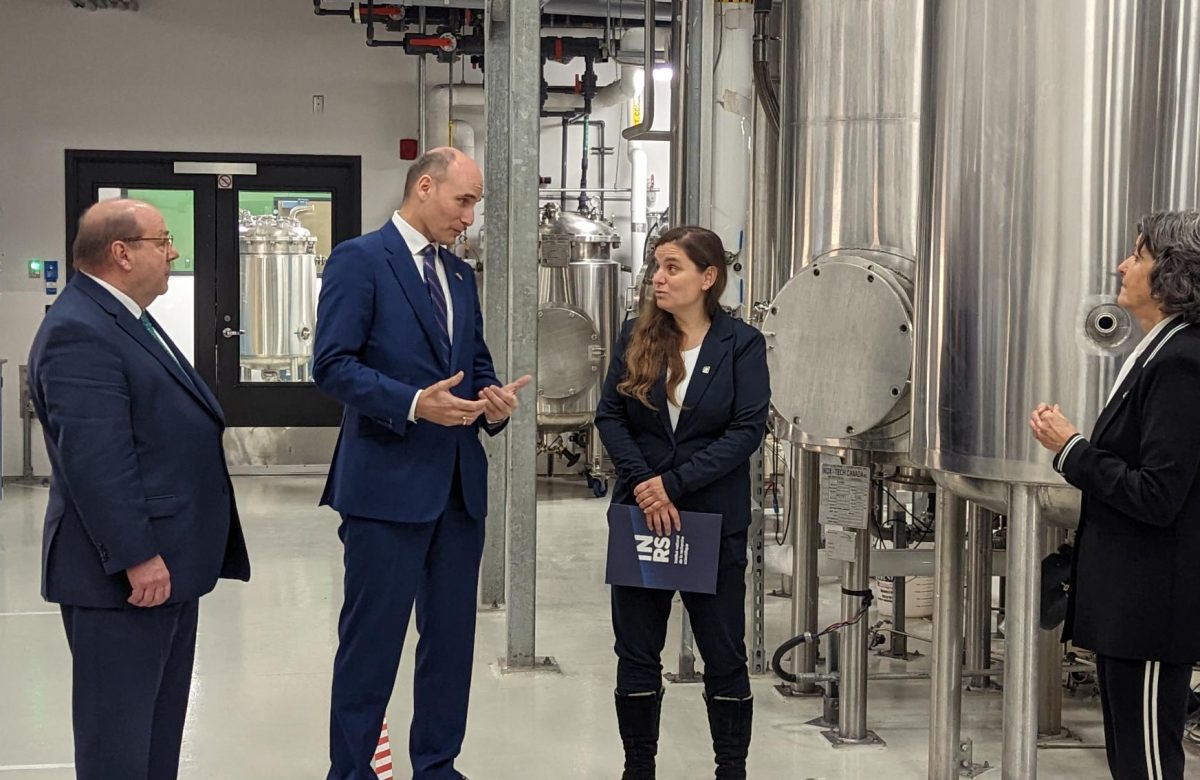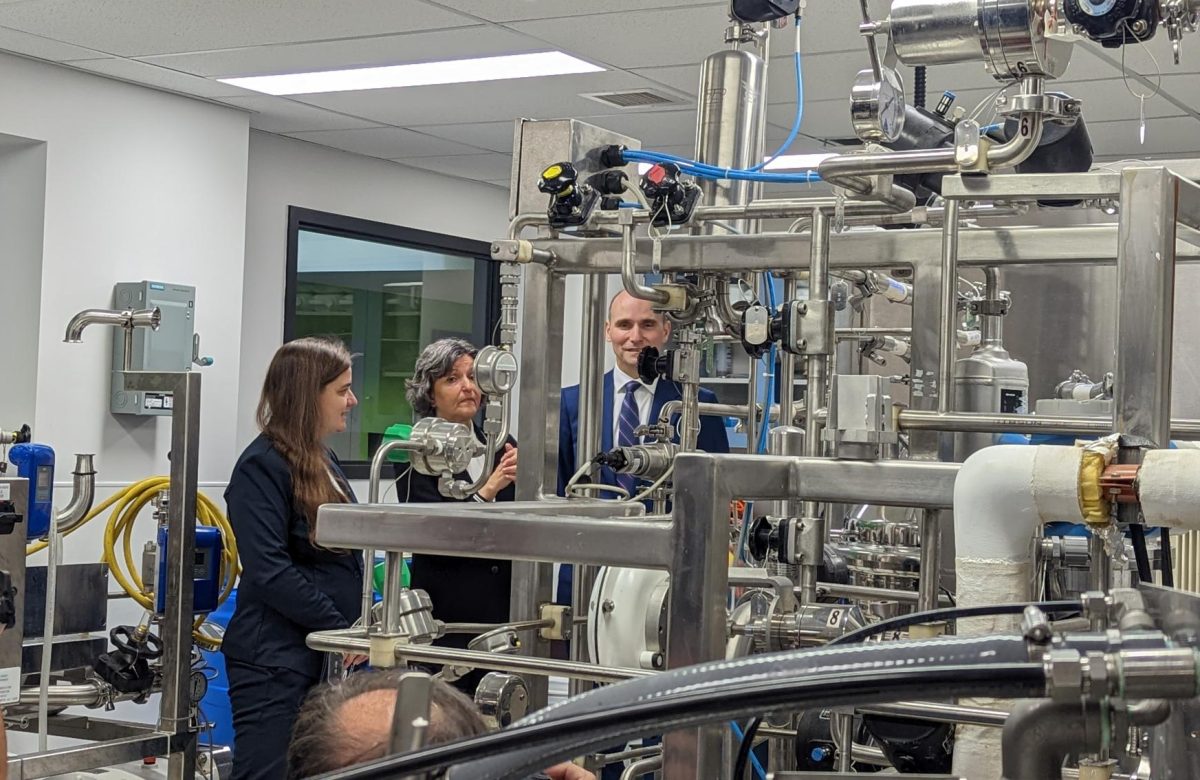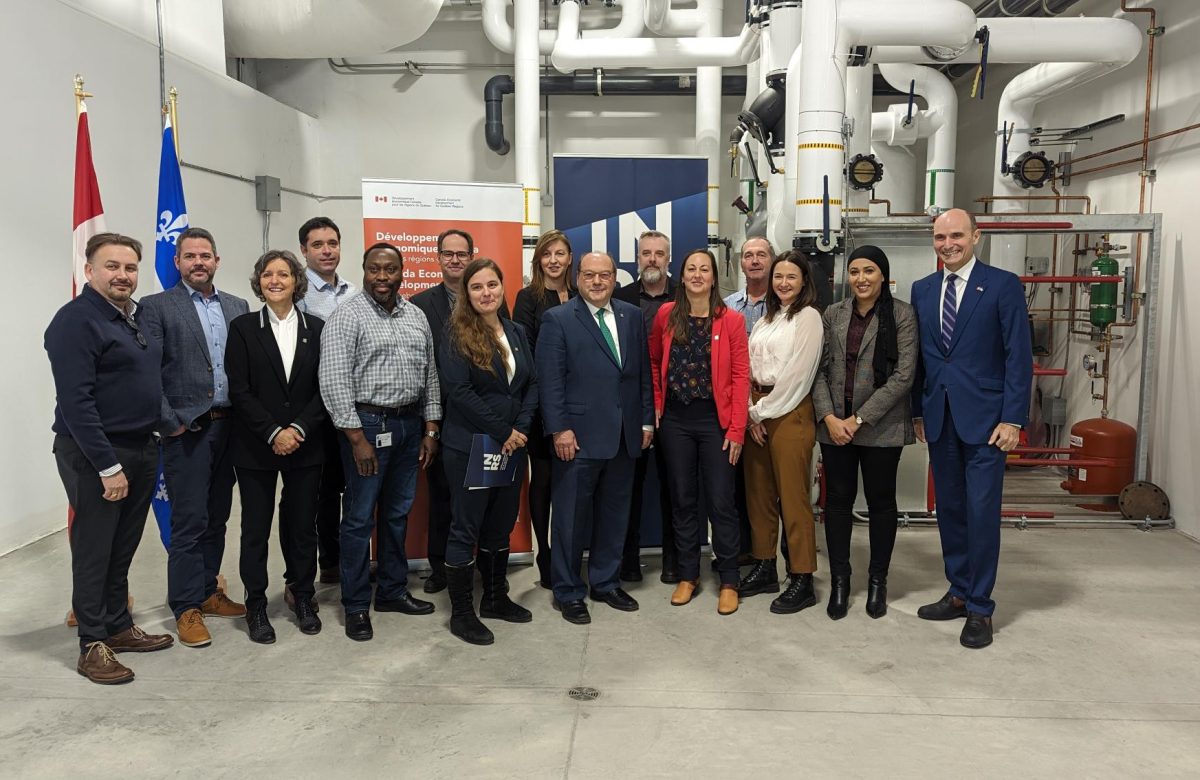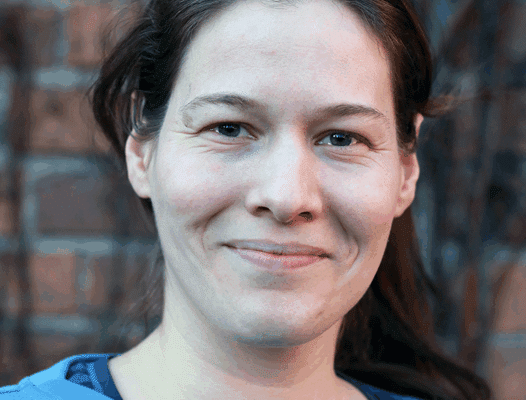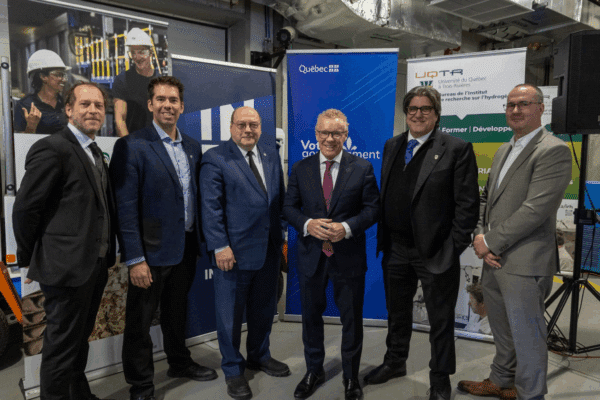- Research Grants
INRS receives more than $5 million from the Government of Canada to support the green transition of Quebec businesses

Credit: Québec International
The Environmental Biotechnology Laboratory (LBE) of the Institut national de la recherche scientifique (INRS) is receiving $5,205,000 in financial support from Canada Economic Development for Quebec Regions (CED) to assist in the green transition of Quebec businesses. This federal support will enable the LBE to provide the research community and businesses with a development and scaling platform, unique in Canada, in industrial biomanufacturing.
The announcement was made today at the INRS’s Eau Terre Environnement Research Centre (ETE) by the Honourable Jean-Yves Duclos, MP for Québec and Minister of Health, on behalf of the Honourable Pascale St-Onge, Minister of Sports and Minister responsible for CED.
“INRS is proud to support the development of a sustainable industry and economy. This major investment will provide Quebec, and more broadly the rest of Canada, with a world-class scientific and technological platform in a fast-growing sector.”
Luc-Alain Giraldeau, Chief Executive Officer of INRS
A “unique” research infrastructure
Located in the Parc technologique du Québec métropolitain, the Environmental Biotechnology Laboratory provides research and development services in the field of environmental biotechnology. Its primary function is to participate in the development and elaboration of value-added products from residual materials.
For instance, projects are being carried out for the production of biodiesel using sewage plant sludge, and for the production of bioplastic using sludge from pulp and paper mill wastewater treatment plants. In recent years, the production of bioinsecticides from agri-food residues has also been considered.
“INRS is the only university in Canada to have such a scaling platform that offers, apart from the equipment available, research and development expertise.”
Kokou Adjallé, Assistant Professor at INRS and scientific leader of the LBE.
“Scaling up processes is a crucial step for companies, right before the commercialization stage. It enables the optimization of research results obtained on a small scale,” adds Kokou Adjallé.
With the expertise of its staff and the procedures that the team has implemented, the LBE can accommodate a wide range of projects, involving a broad range of microbial strains and production substrates. This is in addition to the various collaborations with other researchers in Canada and abroad, as well as several partnerships with companies that can benefit from these facilities for research and development.
Qualified students for the industry
Past activities clearly demonstrate the key role played by the LBE in training students, developing knowledge, and facilitating the transfer of technology to user communities.
“Another distinctive feature of the LBE is the training of student members in the operation of biofermenters. These are highly qualified personnel and are particularly in demand by companies”, adds Professor Adjallé.
Since 2017, more than twenty master’s and doctoral students have been trained by faculty members specialized in industrial bioprocessing and by the platform’s head of operations, Mathieu Drouin.
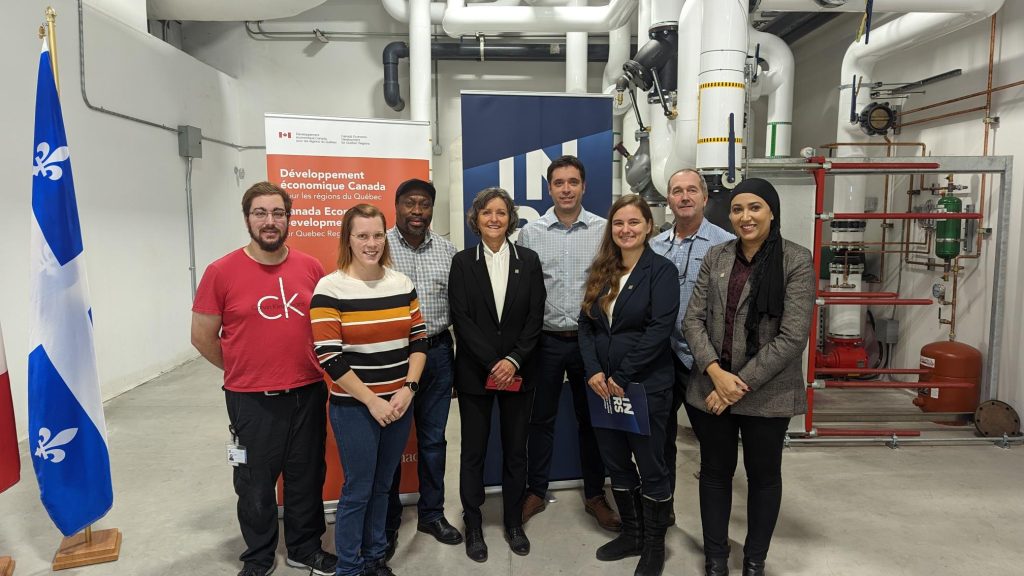
Current equipment cover all production steps, from upstream fermentation processes (various pre-treatments) to downstream processes of recovery, purification, and formulation of bioproducts. Through a system of fermenters of varied volumes, the team can meet the requirements from laboratory trials to pilot scale (up to 2,000 litres).
This financial support will allow the acquisition of new equipment and consequently, increase the capacity of the existing platform. This equipment will be made available to research partners or industry.
“Thus, rather than having each company build scale-up facilities for each industrial development project, the LBE reduces financial and technical constraints for developing companies”, explains Louise Hénault-Ethier, Associate Professor and Director of the Eau Terre Environnement Research Centre at INRS.
Growing interest in a sustainable economy
Research institutions such as INRS have a key role to play in ensuring the environmental transition of the Quebec economy. A large number of Quebec companies want to develop eco-friendly practices based on the marketing of biobased products.
“The new LBE platform will definitely respond to the principles of the circular economy by increasing the reclamation capacity of various residual materials and will further promote the development of a bio-sourced, eco-responsible, and sustainable economy.”
Louise Hénault-Ethier, Director of the Eau Terre Environnement Research Centre at INRS
Applications are numerous and the production of bioplastic is an outstanding example. The steps required for the recovery of bioplastic can be optimized in the platform’s expansion project with more efficient equipment. The recovered bioplastic can then be formulated, i.e., mixed with other materials, so that it is ready for transformation into useful objects.
Another example is the production of various bioproducts that need to be stabilized by efficient dehydration in order to facilitate storage and use. The new equipment will allow the processing of larger volumes of materials ranging from microbial strains for animal food, to plant growth stimulation, or as inoculum in other bioprocesses.
Lastly, metabolites or enzymes recovered at the end of fermentation can also be used for cleaning products that are biodegradable, for soil decontamination or for water treatment.
The LBE is currently collaborating with about twenty public and private partners, mainly from Quebec.
The Environmental Biotechnology Laboratory is an infrastructure funded by the Canada Foundation for Innovation (CFI) and the Government of Quebec.

